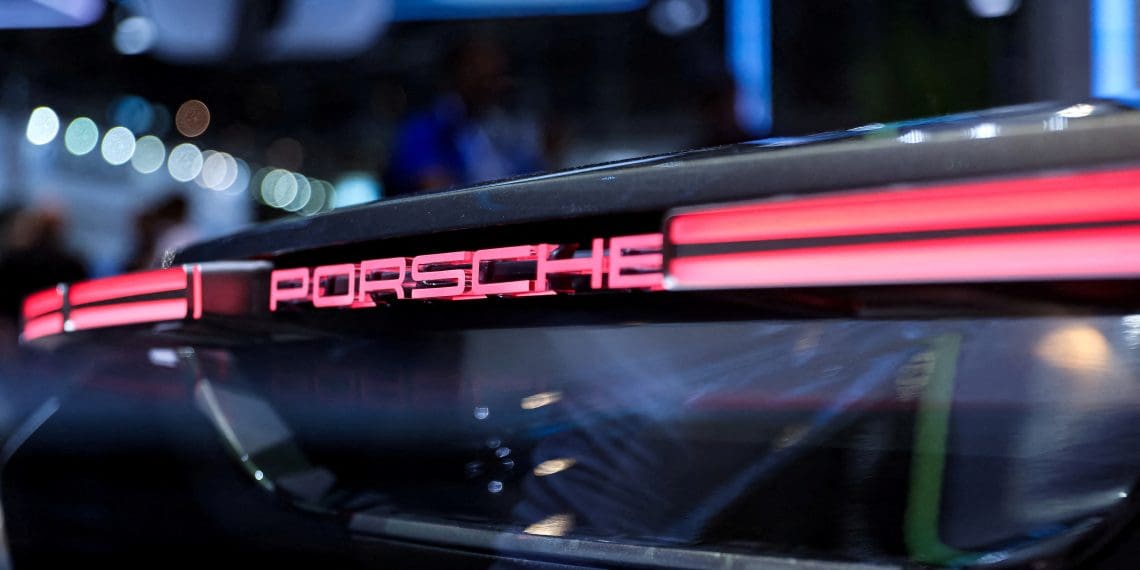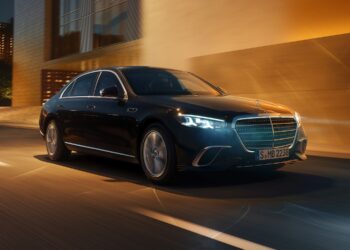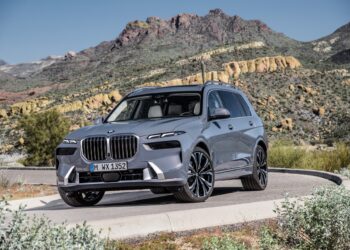In a dramatic response to the fierce competition in China’s automotive market, Porsche is rethinking its approach by tightening its retail footprint after suffering a 12% sales drop in the first nine months of 2024. The German luxury powerhouse is facing increasing pressure as local electric vehicle (EV) brands surge in popularity, capturing the attention of Chinese consumers with their innovative and affordable models. Faced with rising inventory costs and dealer dissatisfaction, Porsche is trimming its operations and fine-tuning its retail presence to adapt to the changing market dynamics.
No Price Cuts! Porsche Holds Firm on Luxury Brand Value
While some rivals have responded with steep price cuts, Porsche remains resolute in maintaining its premium image. Michael Kirsch, Porsche China’s CEO, stated that reducing prices would harm the brand’s exclusivity, affecting both dealers and customers who expect high value. Instead, Porsche is investing heavily in local R&D to create products that resonate with the Chinese market, including upcoming models like the all-electric Macan and the next-generation Panamera, tailored specifically for Chinese tastes.
Dealer Tensions and Strategic Recalibration
Tensions with dealers have been mounting as high inventory costs and lower demand create challenges on the ground. Porsche’s decision to reduce its retail presence aims to balance the supply-demand mismatch and help dealers focus on high-value sales rather than volume-driven strategies. This pivot is also intended to address a core challenge: the shift of Chinese consumers towards local EV brands that offer cutting-edge tech, affordable prices, and excellent digital integration, which are particularly appealing to the younger demographic in China.
What’s Next for Porsche in China?
As it navigates this high-stakes market, Porsche is making China-specific enhancements, bolstering its R&D and digital innovation centers to cater to local preferences. By doing so, the company hopes to sustain its luxury status while tackling the unique demands of China’s evolving market. The changes represent a daring recalibration, one that could either secure Porsche’s foothold in China or leave it vulnerable to the fast-paced advances of domestic EV competitors.










